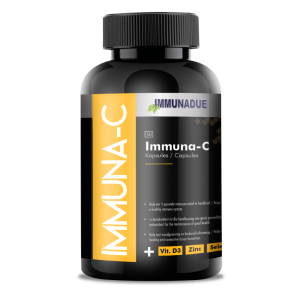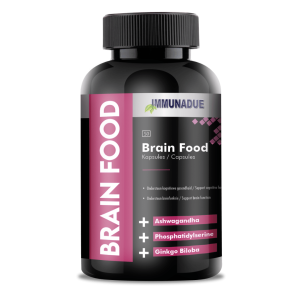- Class of Mineral:
-
- Type of mineral: Metal
- Alkalizing or acidifying: Acidifying
- How the Body Utilizes the Mineral:
Iron is an essential mineral that plays a crucial role in the production of haemoglobin, which is responsible for carrying oxygen in the blood. It is also involved in various metabolic processes and supports the immune system.
- Mineral Supplement Dosage:
-
- RDA: The recommended dietary allowance for iron is 8 mg for men and 18 mg for women between the ages of 19 and 50. Women who are pregnant or lactating require more, with a recommended intake of 27 mg and 9 mg, respectively.
- Typical Dietary Intake: The average dietary intake of iron varies depending on age, sex, and dietary habits. For example, women tend to consume less iron than men, and vegetarians and vegans may have a harder time meeting their iron needs.
- Tolerable Upper Intake Level (UL): The UL for iron is 45 mg per day for adults. Consuming more than the UL can lead to adverse health effects.
- Symptoms of a shortage:
-
- Iron deficiency can lead to anaemia, which is characterized by fatigue, weakness, pale skin, and shortness of breath.
- Other symptoms include dizziness, headaches, and brittle nails.
- Symptoms of too much of the mineral:
- Excess iron can cause:
-
- Gastrointestinal discomfort,
- Constipation,
- Nausea,
- Vomiting, and
- Abdominal pain.
- In severe cases, it can lead to liver damage, organ failure, and even death.
- Mineral Supplement Forms:
Iron supplements are available in various forms, including:
-
- Ferrous Sulphate,
- Ferrous Gluconate, and
- Ferrous Fumarate.
- Ferrous sulphate is the most common and is considered the most absorbable form.
- Various food sources for the mineral:
Iron can be found in both animal and plant-based foods. The most bioavailable sources of iron are animal-based, such as
-
- red meat,
- poultry,
- fish, and
- Eggs
Plant-based sources include
-
- leafy green vegetables,
- legumes, and
- fortified cereals.
- How to take the mineral with reference to:
- Meal Timing: Iron supplements should be taken with a meal or shortly after, as this can help improve absorption.
- Time of Day: It is generally recommended to take iron supplements in the morning, as this can help reduce the risk of gastrointestinal side effects.
- Other: Avoid taking iron supplements with coffee, tea, or calcium-rich foods, as these can interfere with absorption.
- Positive and Negative Interactions
Positive Interactions:
-
- Vitamins and minerals:
- Vitamin C: Enhances the absorption of iron.
- Vitamin A: Improves iron absorption when consumed with a source of iron.
- Vitamin B12: Helps the body use iron more efficiently.
- Medication:
- Erythropoietin: Stimulates the production of red blood cells and can be used in conjunction with iron supplements to treat anemia.
- Other:
- Iron-rich foods: Consuming foods high in iron, such as red meat, poultry, and fortified cereals, can help increase iron levels in the body.
- Vitamins and minerals:
Negative Interactions:
-
- Vitamins and minerals:
- Calcium: Can interfere with the absorption of iron.
- Zinc: May reduce iron absorption when consumed in large amounts.
- Medication:
- Antacids: Can decrease the absorption of iron.
- Proton pump inhibitors: May decrease the absorption of iron.
- Other:
- Tannins: Found in tea and coffee, tannins can bind to iron and reduce its absorption.
- Phytates: Found in some legumes and grains, phytates can also bind to iron and decrease its absorption.
- Vitamins and minerals:
- Contraindications and Risks:
-
- Iron supplements should be avoided in individuals with hemochromatosis, haemolytic anaemia, or other conditions that cause iron overload.
- Consult with a healthcare professional before taking iron supplements if you have a history of gastrointestinal issues or are taking any medications.






Reviews
There are no reviews yet.